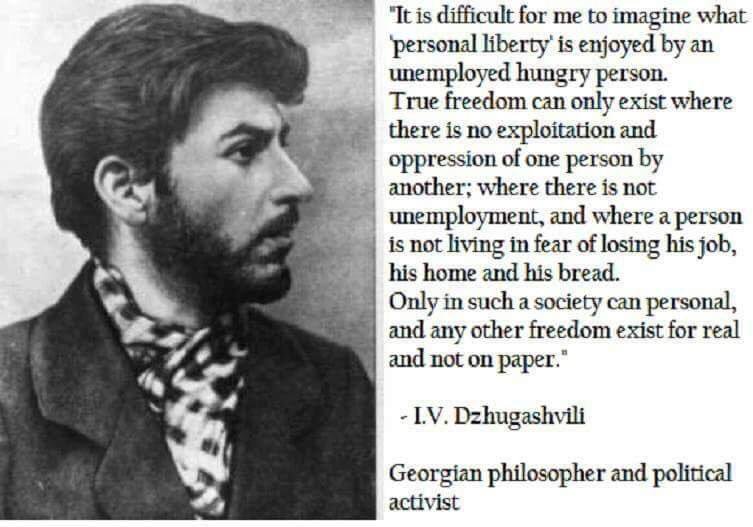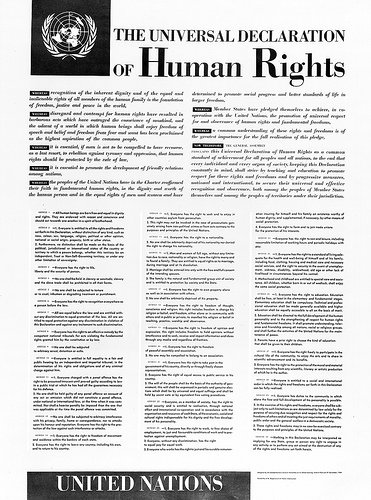Capitalism does NOT reward:
• Productivity
• Value
• Hard work, effort, sacrifice or duration of work
As we will prove, these lies are just propaganda with NO basis in reality. (Thread 1/30)
With markets, buyers want the price to be as low as possible & sellers want the price to be as high as possible. But… 3/30
With markets, bargaining power is EVERYTHING. 16/30
Lie #1: Wages are based on productivity:
Between the 1950s & today worker productivity has increased multiple times over, yet wages remained stagnant. Zero historical correlation between productivity & wages. 18/30
IF you increase your productivity in a way that makes you more indispensable to your employer, that increases your bargaining power & wages. 20/30
Lie 1 debunked: No correlation between productivity & wages. 21/30
If by ‘value’ we mean ‘valued by society,’ this is obviously not the case as workers in some of the highest societally valued products & services (i.e. teachers) receive the lowest wages. 22/30
Lie 2 debunked 24/30
No one works 100x or 1,000x or 10,000 times longer or harder than anyone else – but some earn 100x or 1,000x or 10,000 times more income than others. 25/30
Obviously this is not the case. 26/30
But that correlation is only because of the minimum wage, not because of market forces. 27/30
Capitalists lie about it because it resonates as fair, but capitalism is inherently NOT fair.
It’s socialists who demand fairness & equity 30/30
participatoryeconomics.info/values/









